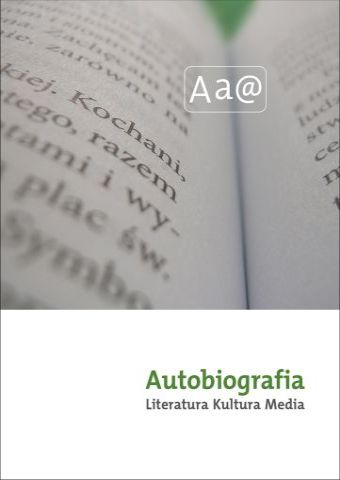






| Authors: |
JANINE
HOLC
Loyola University, Baltimore |
| Keywords: | Holocaust autobiography testimony trauma slave labor |
| Data publikacji całości: | 2020 |
| Page range: | 19 (15-33) |
| 1. | Felman, Shoshana, Dori Laub. Testimony: Crises of Witnessing in Literature, Psychoanalysis, and History. New York–London: Routledge, 1992. |
| 2. | Fineman, Joel. “The History of the Anecdote: Fiction and Fiction.” In: Harold Veeser, ed., The New Historicism, 65–92. New York: Routledge, 2013. |
| 3. | Greenspan, Henry. On Listening to Holocaust Survivors: Recounting and Life History. Westport, CT: Praeger, 1998. |
| 4. | Langer, Lawrence L. Holocaust Testimonies: The Ruins of Memory. New Haven: Yale University Press, 1991. |
| 5. | Laub, Dori, Andreas Hamburger, eds. Psychoanalysis and Holocaust Testimony: Unwanted Memories of Social Trauma. New York: Routledge, 2017. |
| 6. | Müller, Beate. “Trauma, Historiography and Polyphony: Adult Voices in the CJHC’s Early Postwar Child Holocaust Testimonies.” History & Memory 24 (2012), 2: 157–195. |
| 7. | Pollin-Galay, Hannah. Ecologies of Witnessing: Language, Place and Holocaust Testimony. New Haven: Yale University Press, 2018. |
| 8. | Sendyk, Helen. The End of Days: A Memoir of the Holocaust. Syracuse: Syracuse University Press, 1992. |
| 9. | Sendyk, Helen. New Dawn: The Triumph of Life After the Holocaust. Syracuse: Syracuse University Press, 2002. |
| 10. | Shandler, Jeffrey. Holocaust Memory in the Digital Age: Survivors’ Stories and New Media Practices. Stanford: Stanford University Press, 2017. |
| 11. | Shenker, Noah. Reframing Holocaust Testimony. Bloomington: Indiana University Press, 2015. |
| 12. | Steinbacher, Sybille. “Musterstadt” Auschwitz: Germanisierungspolitik und Judenmord in Ostober¬schlesien. München: K.G. Saur, 2000. |
| 13. | United States Holocaust Memorial Museum, Gratz Collection, Oral History Interview with Helen Sendyk. |
| 14. | United States Holocaust Memorial Museum, USC Shoah Foundation Collection, Interview with Helen Sendyk, interview code 8745. |